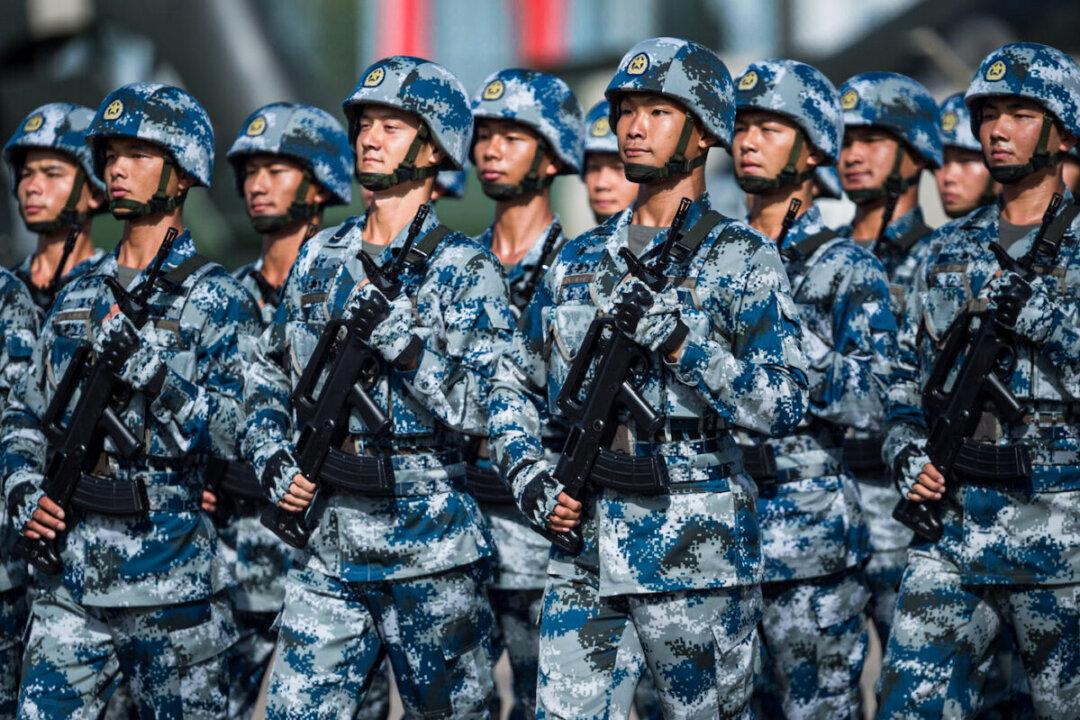Commentary
They used to say that when you stayed at a Holiday Inn the big surprise was no surprise. You pretty much knew what to expect and you usually got it.

They used to say that when you stayed at a Holiday Inn the big surprise was no surprise. You pretty much knew what to expect and you usually got it.